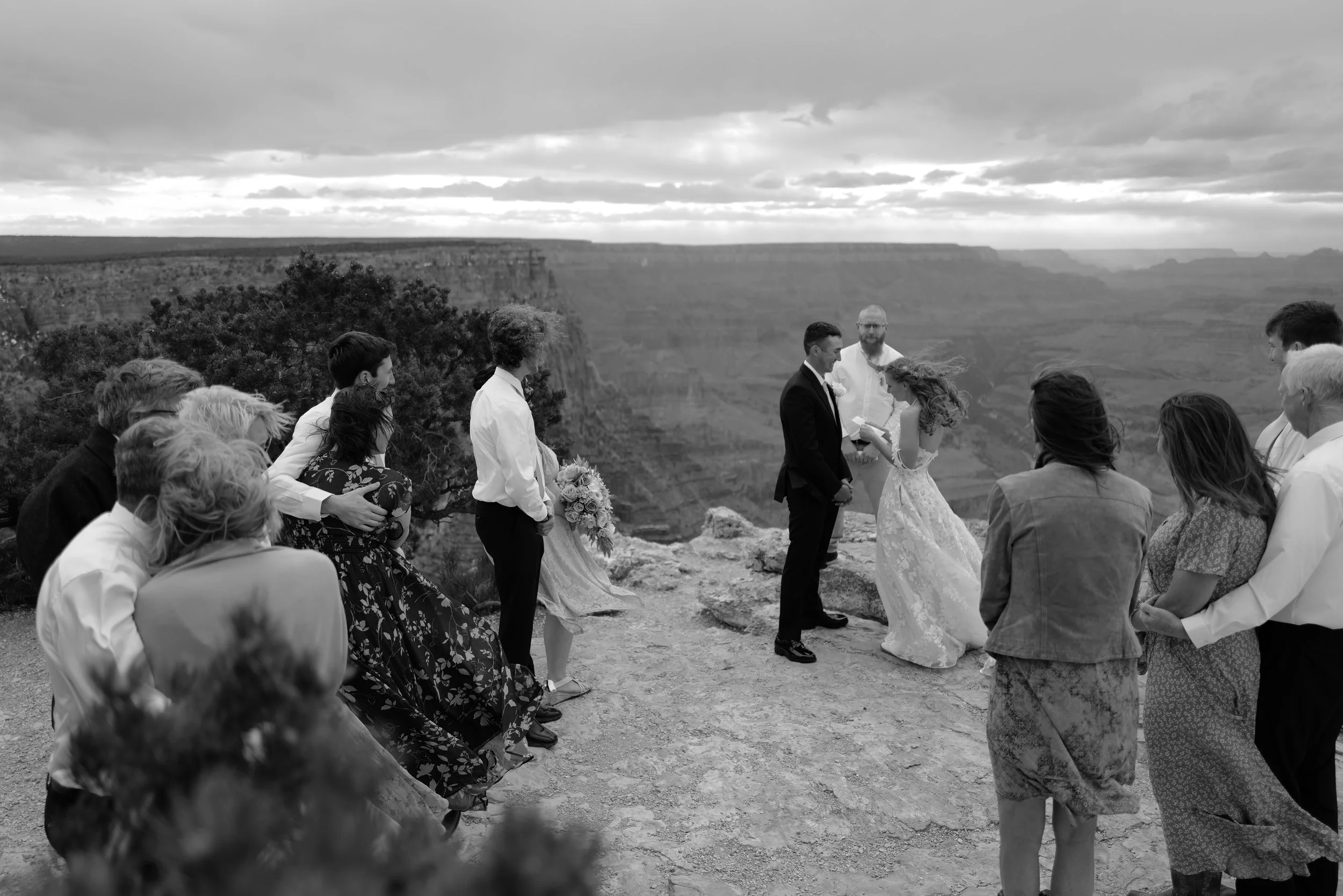Writing and Officiating Your First Wedding: A Beginner’s Guide
Writing and Officiating Your First Wedding: A Beginner’s Guide
Officiating a wedding is a significant honor and responsibility. Whether you're a friend or family member taking on this role for the first time or a newly ordained minister preparing for your debut ceremony, writing and delivering a meaningful wedding script is key to ensuring the couple’s big day is as special as they envision. Here’s a step-by-step guide to help you write and officiate your first wedding with confidence and grace.
Get to Know the Couple
Before you begin drafting the script, spend some time getting to know the couple better, even if you think you already know them well. Understand their relationship dynamics, how they met, their values, and what they envision for their wedding ceremony. Ask about their preferences concerning the tone of the ceremony (formal, casual, humorous, etc.) and any specific elements or traditions they want to include or avoid. This information will serve as the foundation for a personalized and heartfelt script.
Understand the Legal Requirements
Ensure you are legally authorized to officiate weddings in the state where the ceremony will take place. Requirements vary by location, so it’s important to confirm these details well in advance. Check if there are specific phrases or elements that must be included in the ceremony for the marriage to be legally recognized.
Outline the Ceremony Structure
A typical wedding ceremony structure might look something like this:
1. **Opening Remarks**: Set the tone and welcome the guests.
2. **Reading or Poem**: Optional, but can add depth to the ceremony.
3. **The Address**: Reflect on the significance of marriage and the couple’s relationship.
4. **Vows Exchange**: Guide the couple through their vows, whether traditional or personalized.
5. **Ring Exchange**: A brief explanation of the symbolism followed by the actual exchange.
6. **Pronouncement**: Officially declare the couple as married.
7. **The Kiss**: Invite the couple to seal their vows with a kiss.
8. **Closing Remarks**: Offer final thoughts and introduce the couple with their new titles.
Write the Script
With the structure outlined, begin drafting the script, infusing it with personal anecdotes, appropriate humor, and meaningful advice. Remember to:
- Stay True to the Couple’s Tone: Reflect the couple's personalities and relationship dynamic throughout the script.
- Keep It Brief and Impactful: Aim for a ceremony that lasts about 20-30 minutes. Keep your language clear and your messages succinct.
- Incorporate Readings or Quotes: If the couple has chosen any readings or quotes, find a natural place to include these in the ceremony.
- Prepare Transitions: Smooth transitions between different parts of the ceremony keep the event flowing naturally.
Practice, Practice, Practice
Once the script is finalized, practice delivering it multiple times. Practice helps you manage the pacing, tone, and delivery, ensuring that you’re confident and calm on the big day. Consider rehearsing in front of a friend or family member for feedback.
Prepare for the Big Day
On the day of the wedding:
- Arrive Early: Being there ahead of time allows you to get comfortable with the space and handle any last-minute details.
- Bring a Backup: Have a printed copy of the script and an extra, just in case.
- Dress Appropriately: Make sure your outfit is in line with the wedding’s dress code.
- Speak Clearly and Slowly: Nerves can speed up your speech, so be mindful to speak at a measured pace.
Be Ready for Anything
Be flexible and prepared to handle unexpected situations with grace. Whether it’s a disruption during the ceremony or a bout of nerves, your ability to maintain composure will help keep the event smooth and enjoyable for everyone.
Conclusion
Writing and officiating a wedding is a deeply rewarding experience that contributes significantly to the couple’s memories of their special day. By taking the time to craft a thoughtful, personalized ceremony and preparing thoroughly for your role, you’ll ensure that your first experience as an officiant is successful and joyous.
If you have any questions, Please reach out



